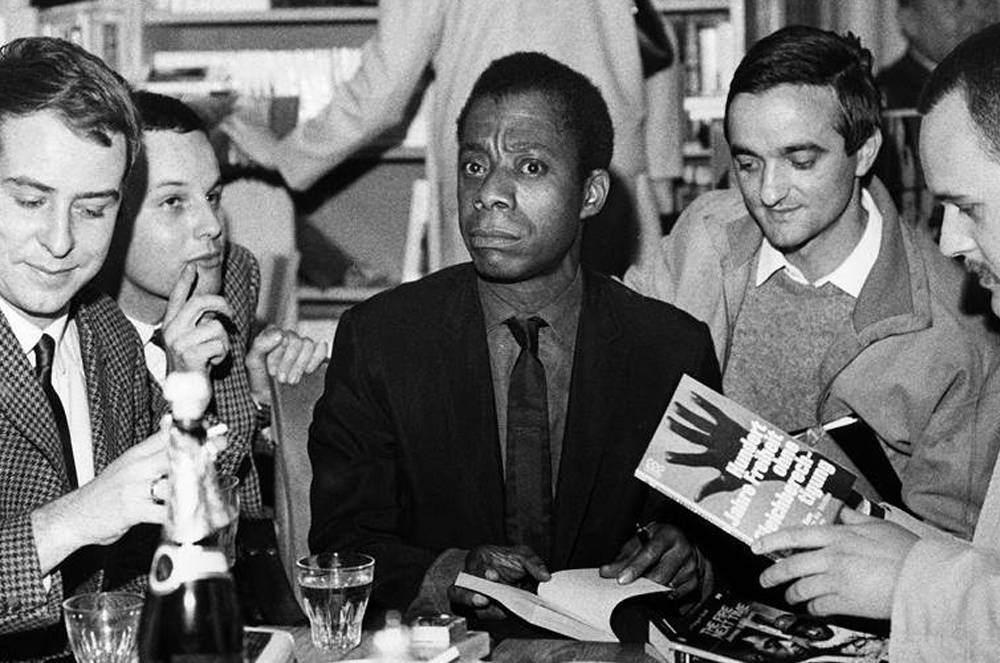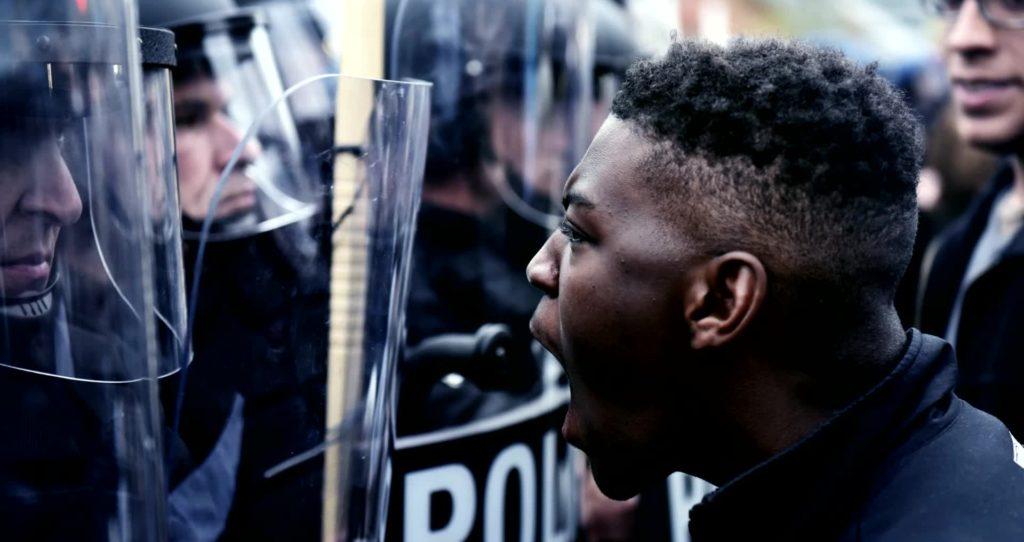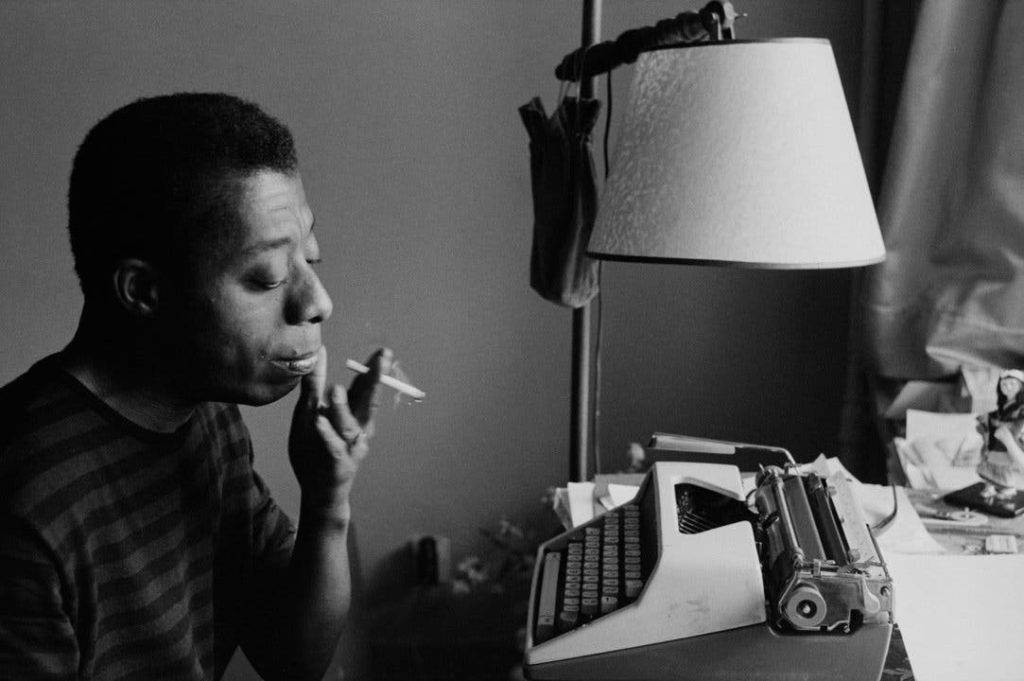Grade: A
★★★★★
Genre: Documentary, History
2016 – PG 13 – 1h 33m
I am required to take all upper-division credits this semester in order to graduate in May of 2022. The upside is I have the opportunity to take any upper-division course in other departments because I took care of business my freshman year. I decided I’d through myself into a class my roommate recommended I take with a professor she loves – Environmental Justice.
The structure of the class was simple. Each week we had a new topic, and at the end of the week we needed to create a synthesis. We needed to pose a question to the class, present a perspective, and back it up using research within the last decade. Week 4’s topic was ‘Racial Injustice’ and the synthesis required us to watch this film or read W.E.B Du Bois. Du Bois is an incredible philosopher that I was fortunate to be introduce to in Intro to Philosophy. With that, I choose to watch the film. The question I posed at the end of the week was…
Can we honestly and deeply understand the experience of racism? Will deep understanding become a key part of the solution?

Through a captivating narration done by Samuel L. Johnson, emotionally moving writing done by James Baldwin, and a premise that knocked me on my ass I Am Not Your Negro answered my questions. Additionally, songs such as The Blacker the Berry by Kendrick Lamar and Damn Right I’ve Got The Blues by Buddy Guy were featured in the film to express and embrace black culture in its beautiful and true form. Archived footage is used throughout the film to show icons such as Martin Luther King, Malcolm X, James Baldwin, and Medgar Evers. The footage expresses James Baldwin’s feelings and thoughts expressed in his unfinished manuscript Remember This House. The film will demand your attention, and will challenge any thoughts you may have about white supremacy, color-blindness, and racism.
James Baldwin passed in 1987, and may not have been around to witness Black Lives Matter and Barrack Obama’s presidency. However, he was hyperaware of the current racial injustice happening and the historical contradictory dimensions of race. He was apart of the change we are currently seeing.
“It is not a racial problem. It is a problem of whether or not you will take responsibility for your life and then begin to change it.”
James Baldwin

James Baldwin’s concerns, he is honest. It is uncomfortable. There is violence. Yet, there only way to go is through not around. His ideas are often met with the brilliance of Martin Luther King. 2 months before Martin Luther King was assassinated (no I will not sugar coat it), he was in Memphis, Tennessee giving his final speech — I’ve Been to the Mountaintop.

We are all accustomed to the power Martin Luther King’s speeches hold. Similarly to Baldwin, he presents with accountability and compassion. They do not question your humanity, your goodness, and your ability to serve. They (once again) challenge your accountability, discipline, and your ability to act on such feelings. During this speech King speaks towards action by repeating the phrase…
“I wouldn’t stop there.”
4:30
There is a lot of noise to get through. There are a lot “shiny” things to pay attention to — that also demand our attention. Yet we can’t stop there. The issue lies in the refusal of the issue, the refusal to acknowledge reality, and the refusal of history. I Am Not Your Negro, Martin Luther King, and James Baldwin are all speaking the same truth and inviting everyone to serve with accountability and compassion.
“Now, let me say as I move to my conclusion that we’ve got to give ourselves to this struggle until the end. Nothing would be more tragic than to stop at this point in Memphis. We’ve got to see it through. And when we have our march, you need to be there. If it means leaving work, if it means leaving school — be there. Be concerned about your brother. You may not be on strike. But either we go up together, or we go down together.”
The answer to the question I posed was not simple. Racism is not simple, and the experience is not simple — nor should it be simplified. As a white women I am never going to understand the depth and damage racism has compared to someone who experiences it. However, that does not mean I get to dismiss the experience and turn my attention away from the very present issue. It does not mean the solution is ignorance. Fully understanding is a challenge rather than a destination, and it is our duty to accept that challenge in order to support those who carry the weight of understanding. James Baldwin does not demand your respect, honor, and integrity. He challenges your discipline, accountability, and empathy towards others. By expressing his concerns and breaking down his experiences he is inviting everyone into a space of compassion and accountability. It is space I believe is apart of the solution towards justice and peace.


